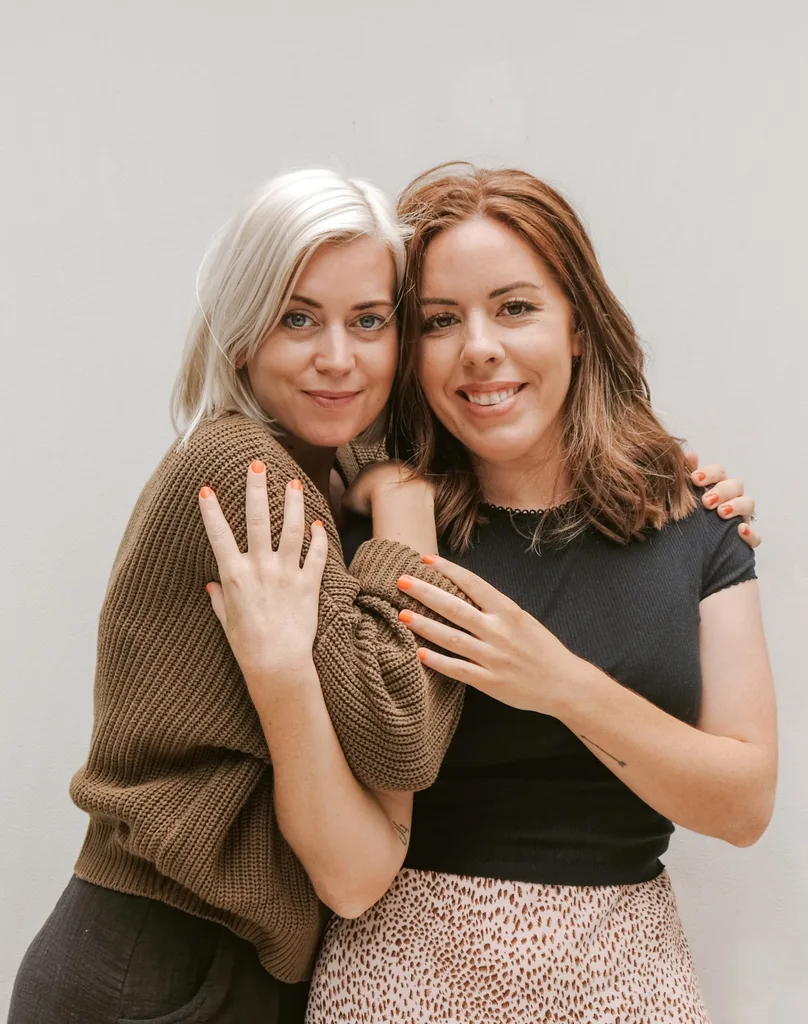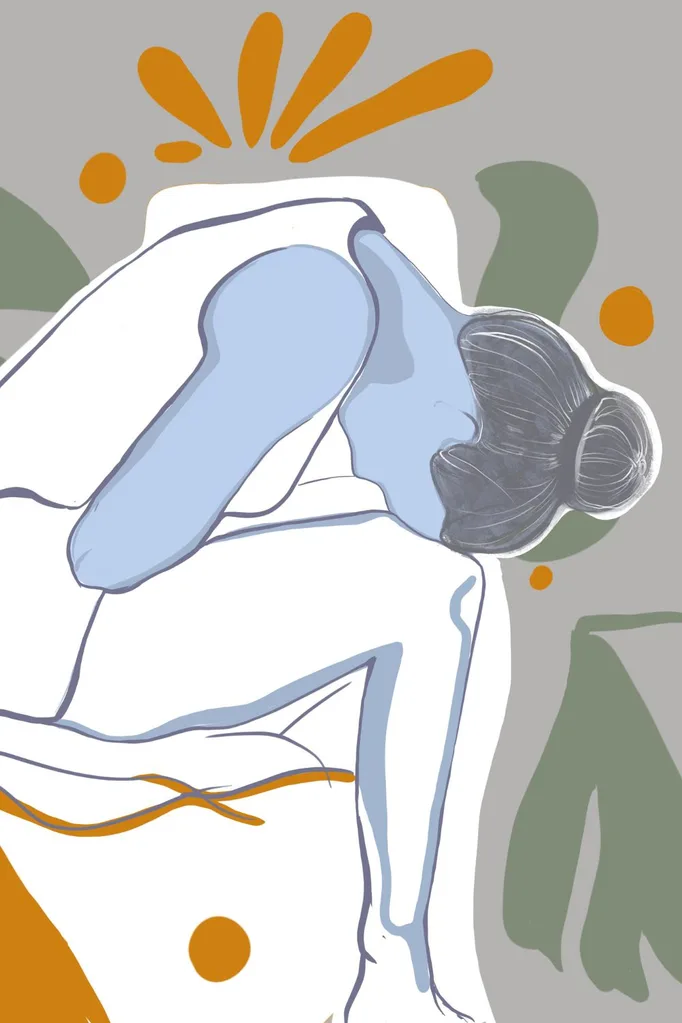Grief is a universal experience, yet we’re often not prepared for it when it happens to us. Western society knows how to love, but we don’t deal with death. We don’t talk about grief and because of that we perceive it as something that happens in private.
We have this idea that if you talk about the person who died, you’re making that person sad or reminding them of their loss. We both lost our mums within a few months of each other and one of the biggest fears we shared was that people were going to forget our mums or stop saying their name – as if they didn’t exist. Getting comfortable with talking about grief is not just important for the grievers, it also better educates people on how to approach it.
Grief is awkward to talk about but it doesn’t have to be. If you want to support someone who is grieving, don’t worry about being poetic or saying anything too profound, just be really real with the language you use and acknowledge that the situation is shit.

People often offer up clichés and platitudes, which – despite being well-meaning – don’t make you feel any better. Many have this innate inability to be comfortable with other people’s pain and often find it really difficult to sit with people and just listen to them. We always want to
fix people, so when we see someone we care about in pain our instinct is to try to fix the situation.
But when someone you love has just died, there’s nothing you can do or say to make the situation any better. When people offer platitudes like, “They wouldn’t want you to be sad,” or “At least they did this [or that],” it is really invalidating and minimising to the person’s experience.
Grieving can change you as a person. We often go through this huge transformational process, but people tend to expect you to just go back to your life, when that’s not really how it happens at all. Many assume that grief is just sadness or emotions, but it’s actually a full body experience. Often it can appear as full body exhaustion, where just getting out of bed and facing the day feels difficult.

Grief can also change the neural pathways in your brain. You might feel like you’re struggling to concentrate in work meetings or are experiencing brain fog and this could be because the trauma of the loss has changed the neuroplasticity in your brain.
Basic tasks such as doing the grocery shopping, cooking dinner or walking the dog can often feel impossible. Having someone offer their practical help and say, “I’m going to come and walk your dog. Does this time suit?” can be a massive help at a time when simple decisions can feel all-consuming.
There are so many myths and misconceptions about grief, one of which is that there are set stages, including denial, anger, bargaining, depression and acceptance. These five stages were identified by Swiss-American psychiatrist Elisabeth Kübler-Ross in the late ’60s and were based on observations of people who were terminally ill.
But grief does not have a linear trajectory where once we hit acceptance we’re over it. Grief is not something we ever get over, instead we learn to accept it as part of us. We move forward with our lives but we don’t ever forget our loved one. When somebody dies, it doesn’t end our relationship with them; the relationship continues to evolve with time.
Good Mourning by Sally Douglas and Imogen Carn (Murdoch Books, $34.99) is out now.










